
29 Jun 1925

The Phantom of the Opera
The deformed Phantom who haunts the Paris Opera House causes murder and mayhem in an attempt to make the woman he loves a star.
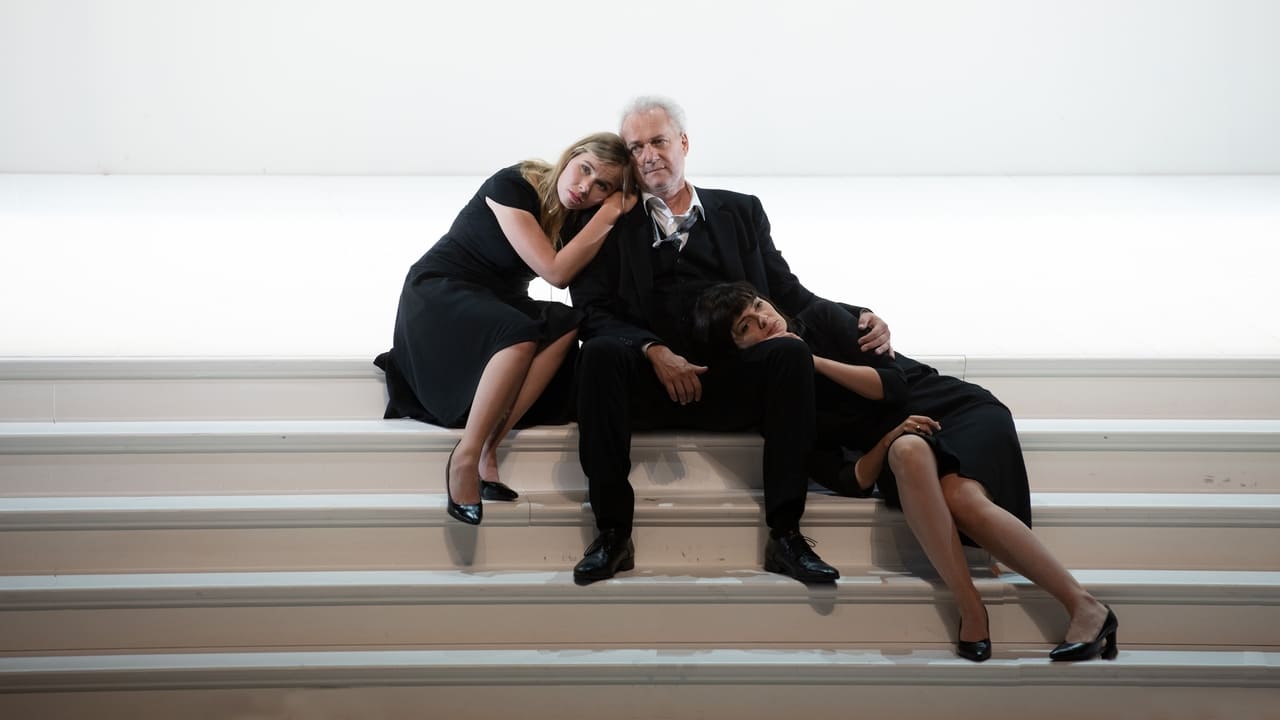
Dramma giocoso in two acts K. 588 (1790)
As Christof Loy put it: Così fan tutte invites us to embrace the complexity of life and face the future with heads held high. In his staging of the version he abridged with Joana Mallwitz for the Salzburg Festival 2020 the focus is wholly on the figures and the subtle choreography of their emotional states — in a space that like a magnifying glass exposes the intricate mechanisms between the characters. In this way the production leads the protagonists and the audience to experience the ‘serene calm’ that can perhaps indeed cure our own ‘distempers’.

Fiordiligi

Dorabella

Guglielmo

Ferrando

Despina
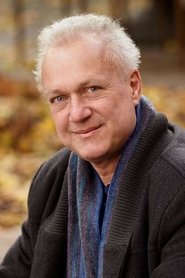
Don Alfonso

29 Jun 1925

The deformed Phantom who haunts the Paris Opera House causes murder and mayhem in an attempt to make the woman he loves a star.
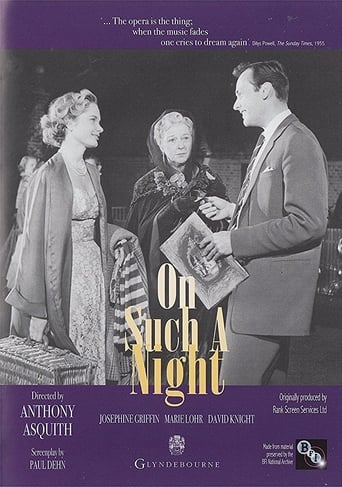
01 Feb 1956

An American tourist on a day trip to Sussex from London inadvertently finds himself at Glyndebourne Opera House in Sussex where he learns to appreciate Opera.

14 Dec 2006

Early recordings of Franco Zeffirelli's 2006 production of Verdi's opera which saw Roberto Alagna's high-profile exit during the second performance. Egypt and Ethiopia are at war. Radames is appointed commander of the Egyptian forces by the King, whose daughter, Amneris, loves Radames. It is in fact Amneris' Ethiopian slave Aida whom Radames loves. Ramades wins the war against the Ethiopians, capturing Aida's father Amonasro in the process. On his return to Egypt he faces a choice between marrying Amneris or betraying his country through his love for Aida.
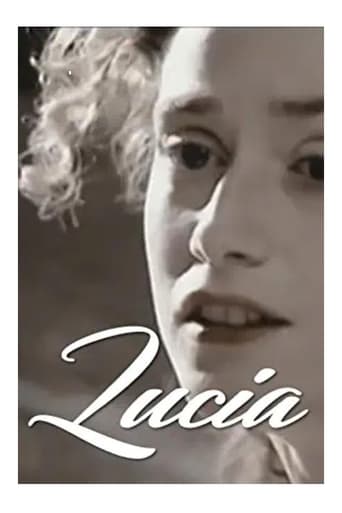
30 Sep 1999

Members of an opera company performing Donizetti's "Lucia di Lammermoor" find their lives parallel those of the characters.
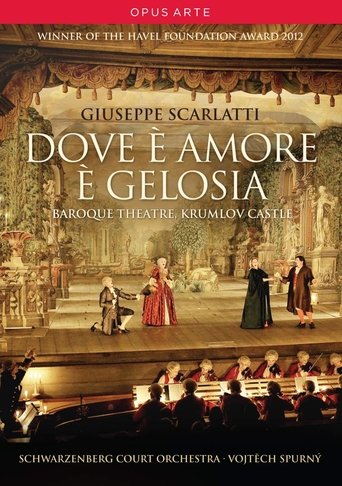
25 Jun 2013

Rebellious servants, capricious lovers, cross-dressing farce and a happy ending: the fast paced action of this comic Baroque opera had all the ingredients to please the self-confessed ‘low-brow taste’ of an Austro-German prince, who commissioned Giuseppe Scarlatti for a piece to celebrate his son’s wedding. This is the opera’s first revival in modern times, and it takes place in the very same Baroque theatre, impeccably restored to its original glory, which hosted the first performance. With a cast of young singers drawn from Prague’s National Theatre and a stylish period-instrument ensemble, this vivid reconstruction will delight audiences as much today as it did the aristocratic guests at Český Krumlov in 1768. Filmed in High Definition and recorded in true Surround Sound.
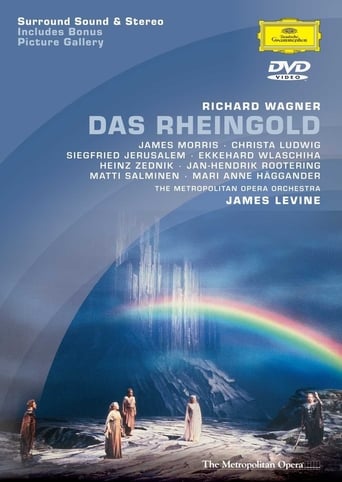
23 Apr 1990

From the gorgeous scene deep in the river Rhine that opens the opera, up to the magic Rainbow Bridge that appears at the end, leading to a glistening Valhalla, Otto Schenk’s production captures the scenic world of Wagner’s Ring as brilliantly as James Levine and the Met orchestra capture the musical world. The cast is incomporable: an astounding James Morris as the young god Wotan, the great Christa Ludwig as his wife Fricka, incandescent Siegfried Jerusalem as Loge, the wily god of fire, and Ekkehard Wlaschiha as a complex Alberich.
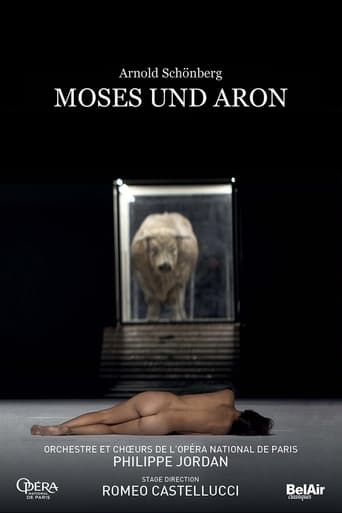
20 Oct 2015

Moses und Aron is a three-act opera by Arnold Schoenberg with the third act unfinished. The 2015 Production was led by Romeo Castellucci in Paris. Moses und Aron was filmed for television by film director François-René Martin, in co-production with the Paris Opera, Bel air Media and Arte, with support from the CNC.
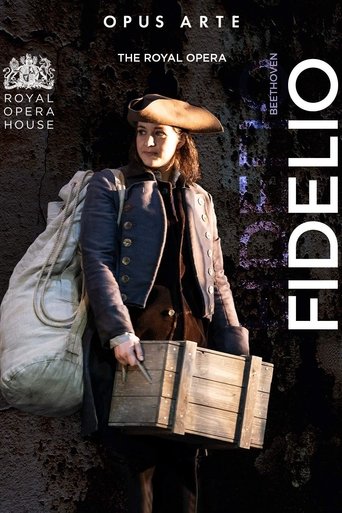
26 Jul 2020

Beethoven’s only opera is a masterpiece, an uplifting story of risk and triumph. In this new production, conducted by Antonio Pappano, David Butt Philip plays the political prisoner Florestan, and Lise Davidsen his wife Leonore (disguised as ‘Fidelio’) who daringly sets out to rescue him. Set in strong counterpoint are the ingredients of domestic intrigue, determined love and the cruelty of an oppressive regime.
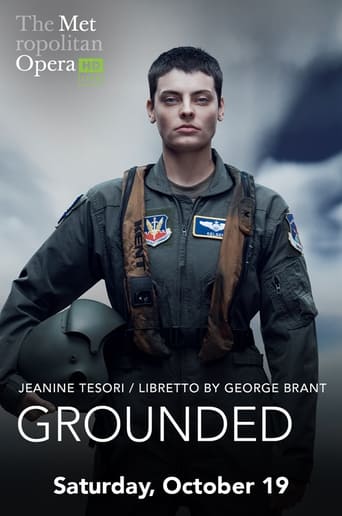
19 Oct 2024

Two-time Tony Award–winning composer Jeanine Tesori’s powerful new opera Grounded, commissioned by the Met and based on librettist George Brant’s acclaimed play, wrestles with the ethical quandaries and psychological toll of 21st-century warfare.
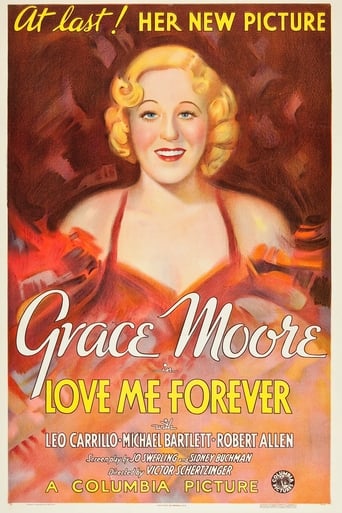
28 Jun 1935

A man who loves an aspiring opera singer is prepared to sacrifice everything to help her with her career, even though he knows she doesn't love him.
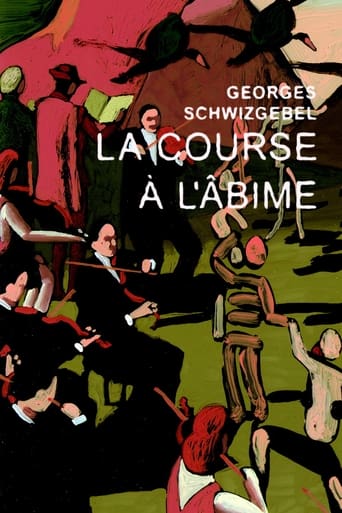
01 Jan 1992

‘La course à l’abîme’ is a depiction of the final ride into hell from ‘La Damnation de Faust’ (1846) by Hector Berlioz.
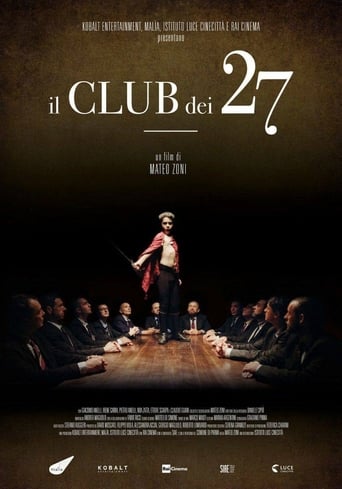
27 Apr 2017

A 12-year-old boy tries everything to join a music lovers club.
01 Jan 1995
Nicholas Hytner's enchanting production, sung in the original Czech, is conducted by Sir Charles Mackerras, a master of the best Janacek style. Through myriad shifts of scene, the episodic story is presented in brightly-colored sets and costumes of blissful innocence and simplicity, designed by Bob Crowley. Jean-Claude Gallotta's choreography for the insects and animals, and Jean Kalman's lighting add to the nostalgically poetic effect of the whole. With Thomas Allen as the Forester, the cast includes Eva Jenis, Hanna Minutillo, Richard Novak and Ivan Kusnjer. This live recording comes from the Theatre du Chatelet in Paris.
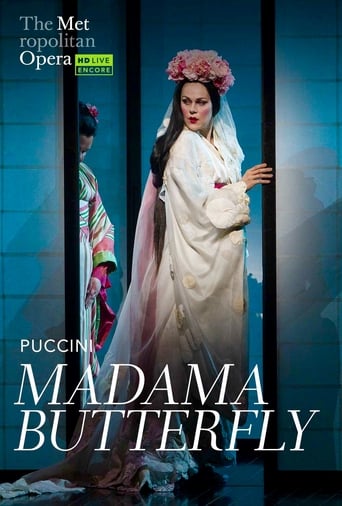
02 Apr 2016

Anthony Minghella’s beautiful, atmospheric production enhances Puccini’s drama of unfortunate, doomed love. Soprano Kristine Opolais brings all of her passionate commitment to her portrayal of Cio-Cio-San, the teenage geisha who gives up everything for Lt. Pinkerton. Roberto Alagna is the American naval officer who does not understand the depth of Cio-Cio-San’s love, and whose subsequent marriage to an American woman precipitates Butterfly’s suicide. Maria Zifchak is Suzuki, Cio-Cio-San’s faithful servant, and Dwayne Croft plays the American consul Sharpless, who tries to avert the tragedy. Karel Mark Chichon conducts.
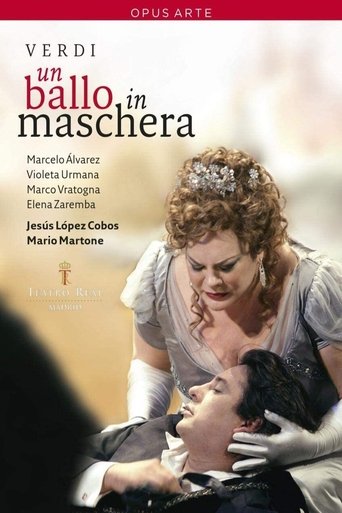
25 Jan 2008

Passion, loyalty and political conspiracy are the three pillars of Un ballo in maschera (1859), the 'most operatic of all operas'. Set in 19th-century Boston, Mario Martone's atmospheric production for the Teatro Real brings out all the innate theatricality and drama of Verdi's work. World famous Argentinean tenor Marcelo Álvarez, in the role of Riccardo, leads a fabulous cast including Lithuanian soprano Violeta Urmana as his lover Amelia, and Elena Zaremba as the witch Ulrica. Jesús López Cobos conducts the Madrid Symphony Orchestra and Chorus in a performance that emphasises the lyricism and majesty of this wonderful work, in which grand opera and opera comique are woven into the Classical Italian Opera style.
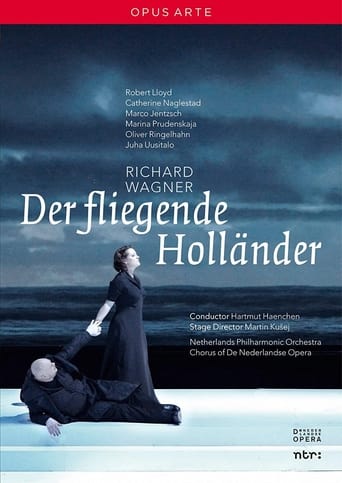
25 Feb 2010

A Romantic Opera in three acts recorded live at The Amsterdam Music Theatre.
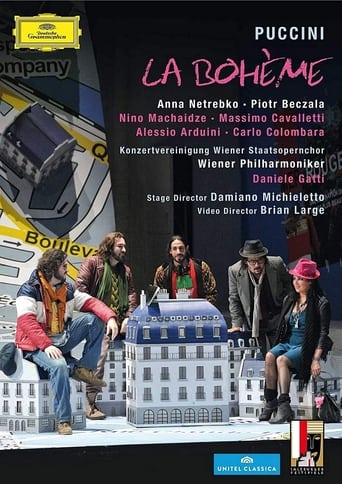
20 Aug 2012

Live performance of Puccini's opera at the Salzburg Festival in Austria. Piotr Beczala stars as Rodolfo with Anna Netrebko as Mimi, Massimo Cavalletti as Marcello and Nino Machaidze as Musetta. Daniele Gatti conducts the Vienna Philharmonic, the Vienna State Opera Chorus and the Salzburg Festival and Theatre Children's Choir.
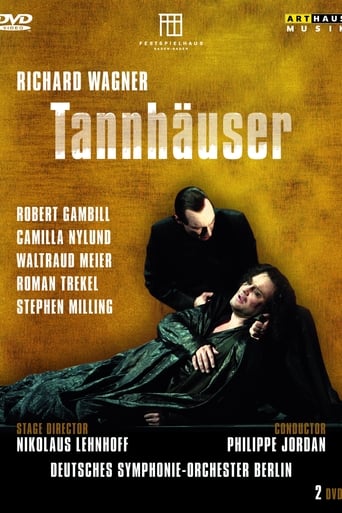
19 Oct 2009

No overview found
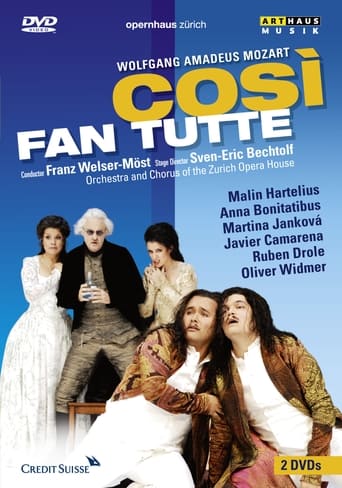
10 May 2010

No overview found
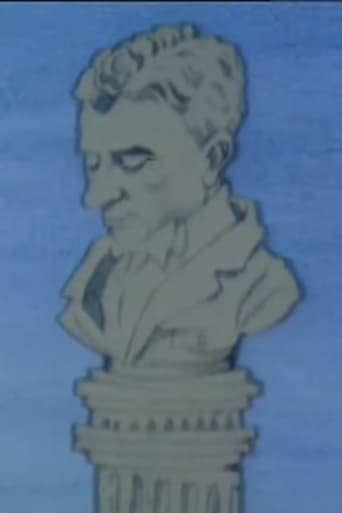
30 Jun 2009

The 1987 Glyndebourne production of Ravel's L'enfant et les sortilèges, designed by Maurice Sendak and directed by Frank Corsaro.